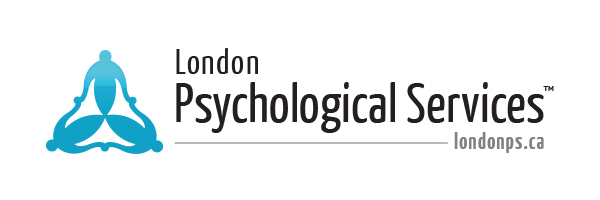May 24-31, 2014 is Canadian Infertility Awareness Week. The goal of this week is to raise awareness and break the silence about infertility, treatment options and the impacts of infertility. One of these impacts is the emotional experience that comes along with infertility, which can include both exhilarating highs and devastating lows. Unlike an actual roller coaster though, this ride is not fun.
When we think about “normal” procreation, we think that it will go something like this:
Step 1. Decide to have a baby
Step 2. Have unprotected sex
Step 3. Get pregnant
Step 4. Have a baby
Imagine our surprise, when it doesn't quite happen that way. For years we have heard about the importance of birth control and preventing unwanted pregnancies. We believe that getting pregnant is relatively easy. How could our high school health teacher be so wrong? Given that the chance of pregnancy in a “normal” couple in any given month is only about 20%, we clearly are slightly delusional about the level of control that we have in conception. This is where the emotional roller coaster can begin. We start realizing that we are *not* actually in control and that can be a very uncomfortable realization.
While many couples will naturally conceive in a few months, some of us aren't quite so lucky. 1 in 6 couples will experience infertility. Infertility is typically defined as the inability to conceive after 1 year of trying for women under the age of 35, or 6 months for those 35 years of age or older. This means that many couples experiencing infertility may experience at least 6-12 months of this cycle:
Period starts – After the disappointment of not achieving pregnancy (more on this later), we start feeling hopeful, believing that this may be the month that pregnancy is achieved. We may start planning our due date if this month is *the* month. Things are feeling positive; the roller coaster is moving on up.
Waiting for ovulation – we begin tracking fertility signs, checking in with various fertility apps we have installed on our phone, use ovulation predictor kits. We try to regain some sense of control over the situation. The roller coaster is going straight ahead, but we know that there’s twists and turns ahead. Anticipation starts to build.
Ovulation – WE NEED TO HAVE SEX NOW! As many couples struggling with infertility will tell you, nothing puts a damper on your sex life like having to schedule sex. Relationship stress, particularly around sexual intimacy, can be deeply affected by the struggles of infertility. Couples struggling with infertility will often report that the quality of their sexual relationship starts to deteriorate as sex has changed from something enjoyable to merely a means to an end.
The dreaded 2 week wait- this is where things get super fun. Once ovulation has come and gone, we now wait to see if pregnancy has been achieved. Every twinge, ache, pain and physical symptom is analyzed. Emotionally this is where the rollercoaster starts twisting, turning, going upside down, sideways and backwards. We feel hopeful, then despair, then back to hopeful. It can be emotionally exhausting.
Period arrives – this is when the emotional roller coaster plummets. All of that hopefulness has disappeared. All that is left is the disappointment. Another month has gone by, and no pregnancy. We feel sad, angry, disappointed and then.....that little bit of hope starts to rear its head and we prepare for the ride again.
Going through this cycle repeatedly is emotionally exhausting. As each cycle goes by, the disappointment may feel more intense while the hope starts to decrease. If a couple decides to pursue fertility treatment, this emotional roller coaster is intensified. Now you have to endure medical testing (which can feel embarrassing and invasive), figuring out medical terminology (I.U.I. vs I.V.F.), the additional stress of financial pressures (fertility treatments can be very expensive), talking to strangers about your sex life and potentially experiencing side effects of fertility medications. The stakes get higher as each cycle passes. Participating in treatments often includes regular bloodwork, ultrasounds, injections, uncomfortable procedures and all with no guarantee that it will work. You have to attend multiple appointments, miss time from work, possibly travel far distances if there is no fertility clinic near your home. The stress starts to compound.
The emotional roller coaster may start plummeting lower and lower. You may start feeling anxious and depressed. You may start isolating yourself from friends and families. Well-meaning, but often poorly informed, advice (just go on vacation, have a few drinks and it will happen!) can feel terrible. You start realizing just how out of control you truly are in this entire process.
How do you cope with these emotional highs and lows? Social support has been found to be beneficial for couples experiencing infertility. Having a family member or friend who will let you vent, cry and express your feelings can be helpful. You may need to be explicit that you are not looking for advice or platitudes, you just need an ear. Setting healthy boundaries for yourself may be helpful. It's okay to miss the occasional baby shower if the emotional impact is too intense. Allow yourself to feel your reactions; they are normal and understandable. Working with a therapist may be helpful to help cope with these intense emotions. Whatever you do, please do not ride this roller coaster alone.

